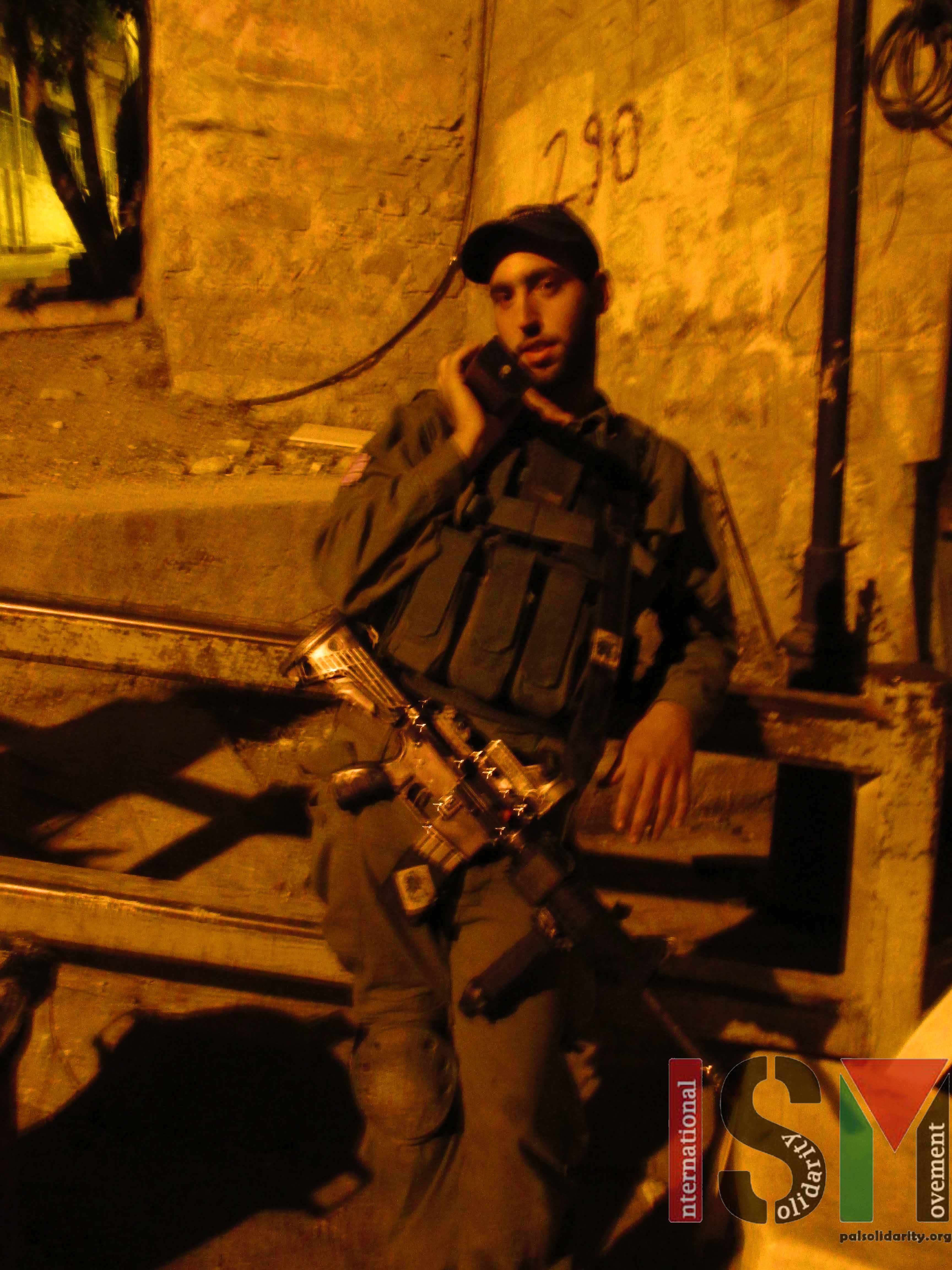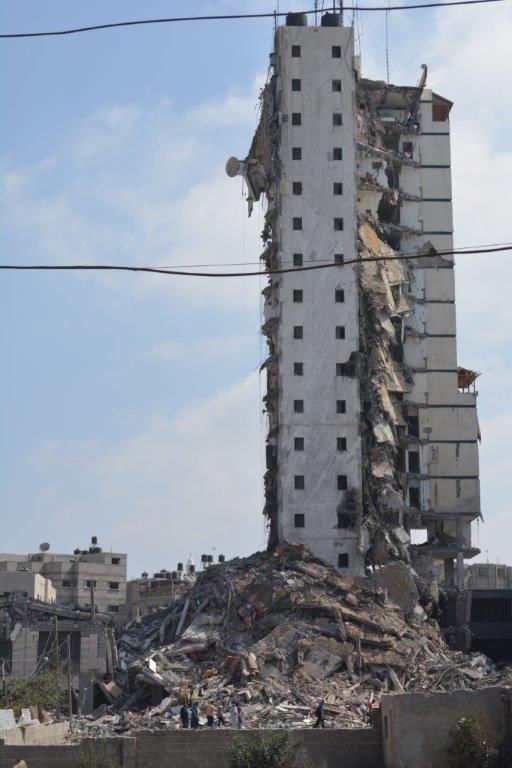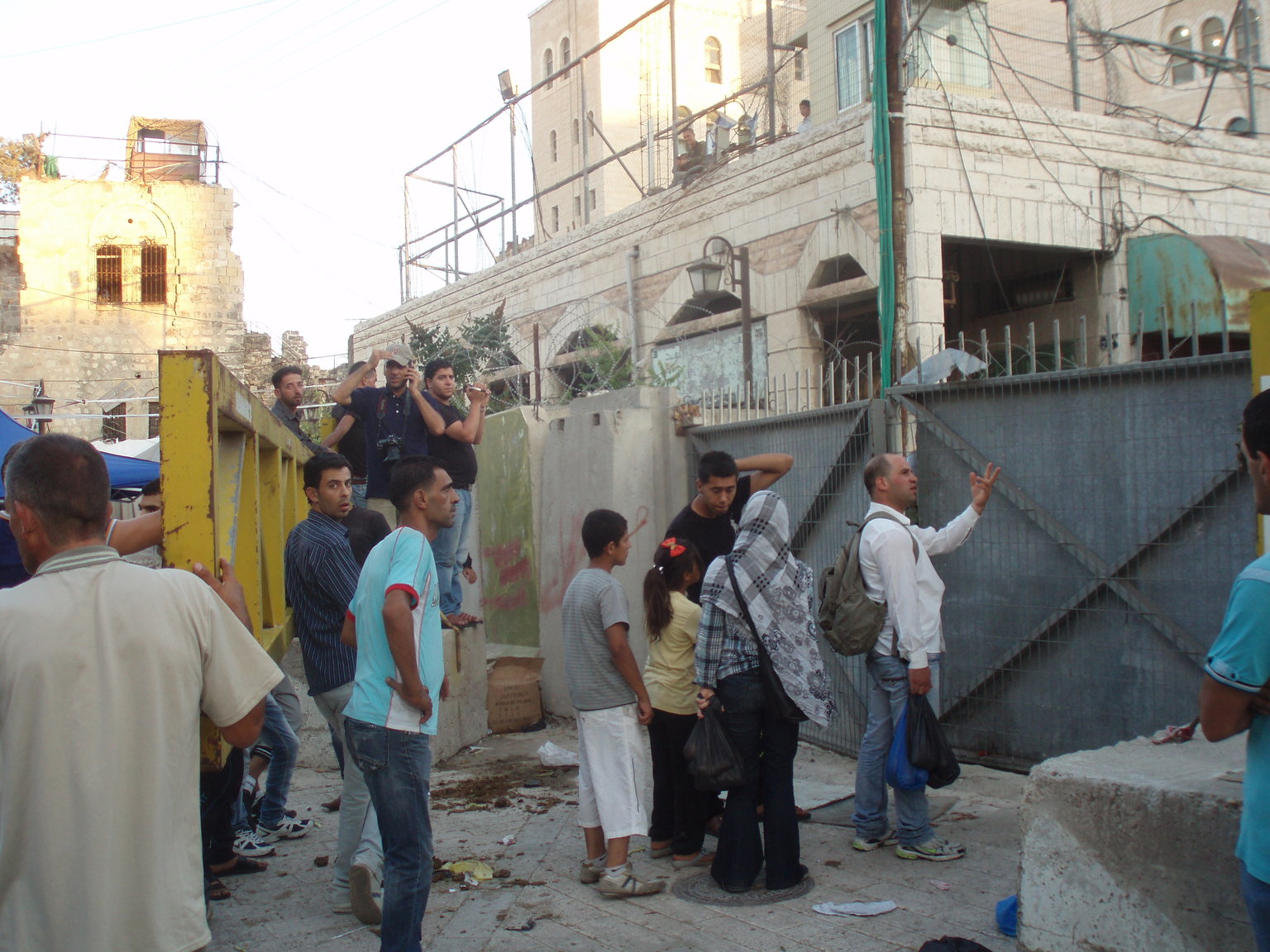Category: Journals
-
Injured and forced to walk
27th August 2014 | International Solidarity Movement, Khalil team | Hebron, Occupied Palestine It was a warm Saturday night in late August in al-Khalil (Hebron). For the Palestinian children school was starting the next day, and a feeling of anticipation and excitement for a new year of learning floated over the hot Palestinian night. A group of…
-
‘Legitimate’ targets
26th August 2014 | Charlie Andreasson | Gaza, Occupied Palestine This article was published before the recently agreed ceasefire. High-rise buildings have now been declared as legitimate targets for F-16 aircraft attacks. Yesterday evening a 16 story house called Little Italy, home to 100 families, was destroyed. No one was killed, but around 20 people was injured,…
-
Resistance and tear gas
21st August 2014 | Saeeda Al-Rashid | Occupied Palestine It’s late May [2013], and the air is stifling. Heat sizzles from the pavement, and Khalili youth, though well-adapted to these conditions, can be seen wiping sweat from their brows as they trek home from school. A few trickle through Checkpoint 56 into the Tel Rumeida neighborhood, formally designated Israeli-controlled territory…



